Poll of the week: Would you replace your phone because of outdated software?
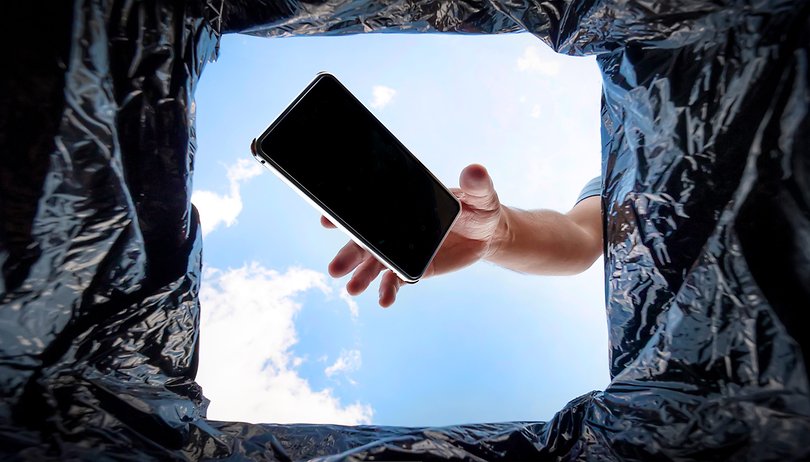

Read in other languages:
Last week we asked about your intentions regarding the longevity of your smartphones. Today, we have the results. So, are the extended software support policies by Samsung relevant to consumers? Let us do a quick analysis and see.
When I initially wrote the questionnaire, I was split. From one side, I thought that Samsung did its devices a favor by extending the software and security support for the new Android devices. Still, at the same time, five years sounds like a commitment that is longer than the hardware life cycle of your typical device.
The problem is that the consumer pays for those updates up-front but may never get to use them. For these updates to be of actual meaning, users would have to engage with their devices actively, ensuring their longevity. And if you want a device to last five years or more, the battery may have to be changed at least once, while some battery tricks will only get you so far.
Manufacturers here are clearly to blame since the promotion of serialization and the design of devices make repairs difficult. So even though this move by Samsung is worthy of applause, the necessity for easier to repair smartphones cannot be stressed enough.
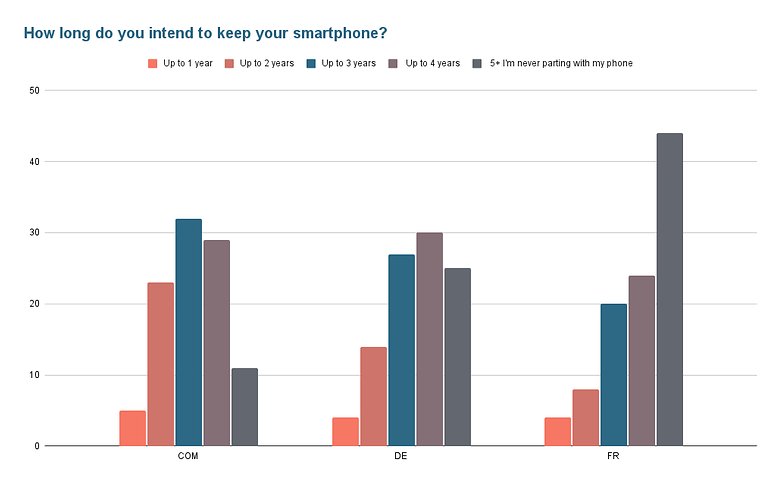
Judging from the results, though, it becomes clear that our readers benefit from those security updates, supporting the outcomes from the initial poll results from a couple of weeks ago that indicated that the security updates were the most popular feature from the Samsung presentation. As Merlina from the German domain puts it:
Nothing works for me without security updates. Only that counts. With mobile phones, it's still easy to find out how long updates will be delivered. [...]
~Merlina, German domain.
Most of you almost universally seem to be willing to keep your devices for around three to four years. In the international domain (COM), users expect to keep their smartphone for three years (32%) with four years trailing right behind (29%). In the German domain, these numbers were reversed. Most people wish to keep their device for four years (30%), followed by three years (27%), while a quarter (25%) is willing to keep their device for five or more years.
The latter seems to be a reference point for European consumers, with almost half (44%) of our French-speaking readers choosing to hold on to their devices for five or more years. This willingness to keep a smartphone until it completely breaks down is followed by the criteria of our community for replacing devices.
I've said it before, I'll keep my Zenfone 6 (not updated for six months already) until it lets go. I have the SD port (with a real triple-slot), the Jack port with a rather decent DAC for the price, and there are the little cherries on the cake (screen without notch/hole, 5000 mA battery before it doesn't become fashionable, remapable button, etc.). [...]
~Pierre Aubry, French domain.
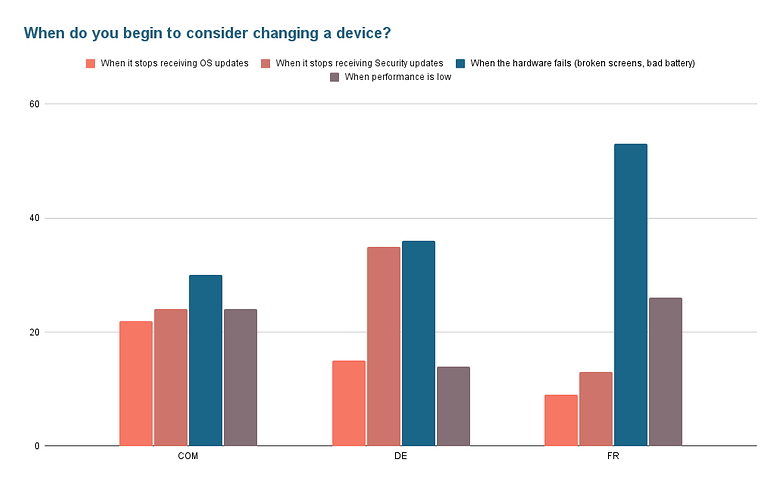
NextPit readers are pretty clear about those standards. 30% in COM, 36% in DE, and an astounding 53% in the French domain start considering replacing a device when the screen breaks or the battery dies. The security updates come close to that number, especially in Germany, where 35% of users would consider getting a new device when it stops receiving security updates.
What surprised me here is that feature drops and software upgrades fell behind. In the English domain, only 22% want to change a device because it stopped receiving the latest Android/iOS version and the 15% and 9% from DE and FR only solidify this point. But this may be more of a sign of disappointment from the innovations in the market in general.
I usually replaced my earlier devices after two years at the latest, because the technical innovations were still clear and the successors lured with great new technology and cool features.
But in the meantime there have been few real developments, most of it is just a bit of cosmetics, a small improvement here, a new mini feature there, in hardware and software. So I have little desire for a new smartphone.
My flagship smartphone from 2018 will soon get a new battery and then it will run for at least 2 years. I don't know yet whether I'll consider buying a new one beforehand, it probably depends on whether I see real added value for me.~Sarah, German domain.
Should update policies be extended? Yes!
The future of consumer electronics may still be brighter tomorrow. At least in the software side of things. If consumers like you and me are willing to stubbornly hold on to a device for up to four years and the hardware fails, the update length of five years for security patches is more than enough to secure most users and keep the banking apps from dropping support.
Most importantly, this move provides a bit more safety for those who choose to buy an older device. If you buy a Samsung Galaxy S22 Ultra a year or two from now, you are still going to keep it for three to four years without any considerable sacrifices. As Simone Costi puts it in a comment from the international domain:
I 've replaced my old LG V30 because it started to have poor battery life and it was stuck with Android 9. Then, I 've bought a Galaxy S21 Ultra, which should get OS updates until Android 15. I think that hardware limitations won't be a critical problem for me, as I know that I will have to replace my phone 's battery, at some point.
~Simone Costi, International domain.
But all of these arguments are only relevant in a context where devices are easily repairable, and more steps are definitely needed in that direction. At this point, I want to thank everyone for taking part in this poll. The contributions in the comments were very intriguing, and although I did not have the space to reference and reply to all the concerns raised, I took my time and gave all the opinions a careful read.
So what do you make of the numbers? Do you agree? Let me know in the comments below!
Original article
Operating System upgrades as well as security updates are currently a strong selling point for companies like Samsung, Apple and Google, but do we actually have to care about how many updates devices get? Does it affect their life cycle? Or are we forced to consume devices so quickly that it doesn't matter anyway? Let's take a deeper look.
Looking at last week's poll results, I was surprised. Around half of our readers found the five-year security update commitment by Samsung to be the most attractive feature of the Samsung Galaxy S22 line, while 43% were more excited about the OS updates. Compare that number to the 30% that the camera features got made one thing clear. Yes, consumers do care. They care a lot.
But what is the difference between security updates and operating system upgrades? OS updates are software overhauls that add and optimize features or fix major bugs. Security updates on the other hand, are small, targeted fixes for security holes and usually come without noticeable changes. Security updates happen more often than OS ones.
In theory, when a device stops receiving security updates, it becomes suspect to new vulnerabilities, endangering the security of the user. While if you stay too far back in OS versions, you may find that a lot of apps will stop working.
Are update promises relevant?
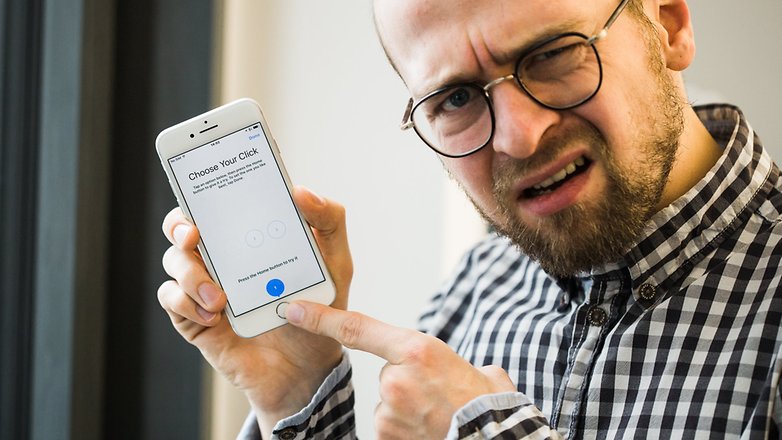
Before going further, it is essential to know whether the promises for further upgrades even matter for the life cycle of the devices. Apple is famed to hold the golden rule of upgrades, with iOS receiving updates for around five years after their launch. But do we even keep our smartphones for that long?
Admittedly using an iPhone 7 nowadays is not fun. I know that from experience since I've been using one to test apps on older hardware. Even though the device is fine for basic browsing and messaging, many of the innovative features of newer iOS versions (it still got the latest iOS 15.3.1 version) are simply not supported by the hardware like live translations.
So at this stage, we are at a point where software support outlasts the hardware, at least in Apple's case. But this is not an apples-to-apples comparison that can be done with Android. Apple controls both the hardware and the software that goes into the devices. Google can only do that for the Pixels, and all other manufacturers need to be in an ongoing partnership with Google to cover for the hardware diversity in the ecosystem.
- Relevant: How many years of Android updates does each manufacturer provide?
- Relevant: Galaxy S22 vs. Apple iPhone 13: Battle of the giants
The promise for more updates by Samsung may hint at something more than just new features every year. When companies make their operating systems, they need to consider the minimum requirements that devices need to have in order to support the software. What Samsung is wittingly implying is that the latest Galaxy S22 devices have hardware strong enough, to support the next Android versions until Android 16.
If you consider that the security updates will last even longer, this means that Samsung expects some users to keep their S22 until 2027! But my colleague Benjamin Lucks is not that convinced by Samsung citing current hardware limitations, specifically the battery.
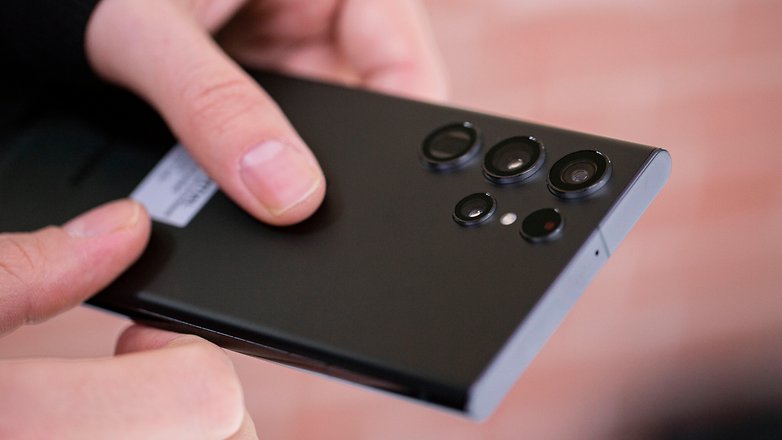
But are users really bothered that much by outdated software?
Let us do a thought experiment. Assume you manage to keep the battery from dying within those five years or simply replace it. Do security updates become more enticing then? Is not having the latest software features, or complete security against the latest threats a reason to replace your device?
Personally, choosing to leave my device for a newer one is usually a complicated set of circumstances. In older days I used to keep a phone around until the hardware could not keep up with my daily lifestyle, either in terms of charging or performance. But nowadays, I have to admit that not having the latest gimmicky charging animation Xiaomi offers in their next upgrade is an added frustration.
I am really curious to see how the results will turn out when Monday comes around. So after you vote, I invite you to come here again to check for our analysis then.
But what about you? If the available answers above did not cover you, what is the main reason behind replacing your device? Let me know in the comments!






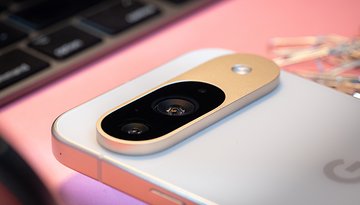

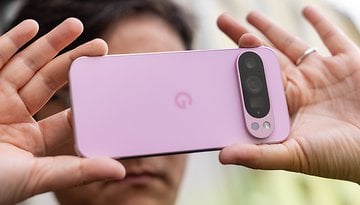
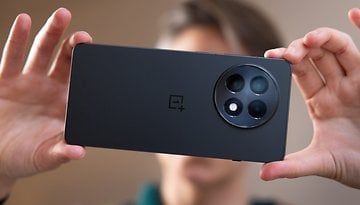
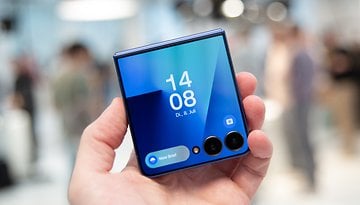


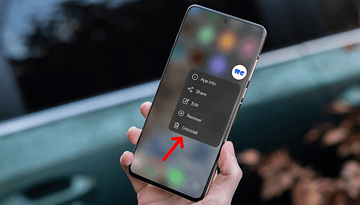






Samsung S10 here. Just got Android 12. Because I use Novalauncher, there is no real change to my phone. Battery has been replaced, so I have no issues using this phone for another year or longer.
I have yet to see a feature on the S22 that makes me even vaguely jealous.
-
Admin
-
Staff
Feb 22, 2022 Link to commentDo you expect to change it:
- when a new generation brings something really nice
- Samsung stops sending security patches
- all the newer S models start receiving Android 13?
Weirdly, Samsung left my trusty S9 (snapdragon 845) stuck on the august/2021 patch. I don't mind using Android 10/One UI 2.x, but I started considering an upgrade...
I 've replaced my old LG V30 because it started to have poor battery life and it was stuck with Android 9. Then, I 've bought a Galaxy S21 Ultra, which should get OS updates until Android 15. I think that hardware limitations won 't be a critical problem for me, as I know that I will have to replace my phone 's battery, at some point.